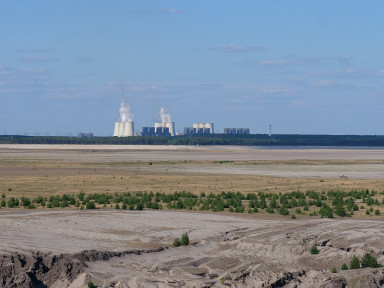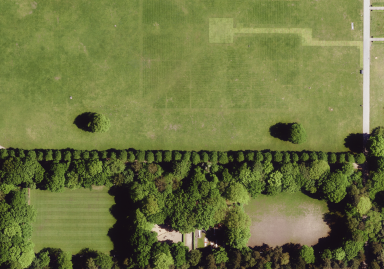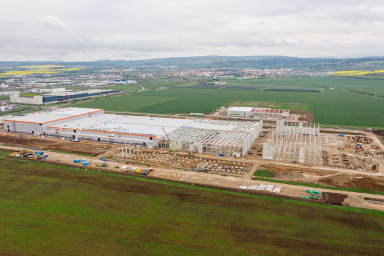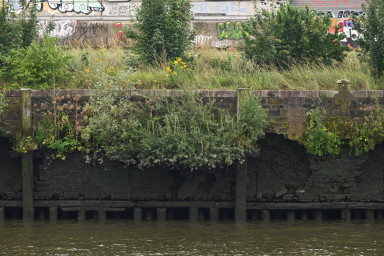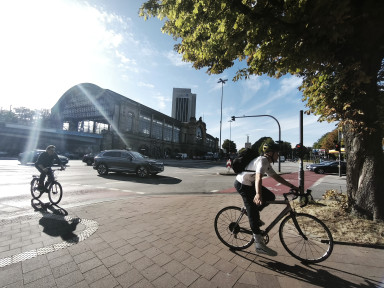The contentious urban politics of planning for water scarcity
Tracing water governance amidst socio-ecological crises in Berlin, Germany, and Cambridge, UK
What has long been common elsewhere feels relatively novel in Western Europe. Cities are increasingly confronted with the global water crisis, and particularly shortages, putting marginalized groups disproportionately at risk. This is leading to social and political conflicts around the causes and impacts of, and necessary responses to, water stress as well as its entanglements with urban planning policies related to housing, industrial development or sustainability transitions.
What happens, then, when a city runs out of water? While water scarcity is becoming a buzzword for policy makers concerned with increasing water supply through new technofixes, less attention is paid to the social and political dimensions of how the looming water crisis is unfolding and scarcity is understood. Bringing a political ecology focus to questions of urban planning, this project aims to unravel how cities as collective actors plan for the water crisis in Germany and the United Kingdom.
- water
- planning conflicts
- climate change
- spatial governance
- public policy
Context
New tensions around water in Western Europe have ignited socio-political conflicts about which kind of investments should be made where; and which actors should reduce their consumption. This is illustrated by conflicts around the storage of water for agricultural irrigation in ‘mégabassines’ (mega-bowls) in France, around the water needed to cool AI data centres or Tesla’s first European factory close to Berlin. In some regions, water shortage has slowed down planned housing developments, as in the Greater Cambridge area in England. In others, the creation of new large-scale water-supply infrastructure built near or in urban centres, such as desalinisation plants in London, have been contested. These disputes are tightly linked with urban planning policies and processes at different scales. Consequently, the ‘planning dimension’ of water crises has been increasingly investigated in European planning research. However, this literature is largely concerned with technological solutions or design interventions. Less attention is paid to the societal dimensions therein. To address this gap, this postdoctoral project weaves together planning literatures, political sociology and urban political ecology, shedding light onto the hydrosocial logics of planning that give rise to these conflicts.
Aims
The project concentrates on the contentious urban politics of planning for water scarcity, asking (1) how ‘scarcity’ is understood, experienced and mobilized by different actors, (2) how local actors from the state, civil society, and economic sector negotiate plans for the emerging water crisis and how these plans are being contested, and (3) to what extent this situation leads to alleged trade-offs between environmental goals and questions of social justice.
This research thus aims to contribute to the interdisciplinary field of urban studies by pursuing three objectives: First, producing critical knowledge about the actors involved in water-related planning conflicts serves to gather insights into their competing interests, visions, and strategies. Second, by way of empirically tracing how water is governed and contested in relation to planned housing and new industrial developments, I aim to explore the intersection of overlapping socio-ecological crises, probing a previously underexplored nexus in urban planning. Third, the research aims to generate new knowledge about the alleged trade-offs between environmental goals and questions of social justice.
Research design
To answer these questions, the project develops and operationalizes a political sociology of planning for water scarcity1 by way of synthesizing literatures from planning, political sociology and urban political ecology. It employs case study research in Berlin and its transforming hinterlands, where the coal exit is generating water shortages, and Cambridge, where water scarcity is entangled with questions around a dire housing crisis. To analyse the collected material (expert interviews, document analysis, and participant observations) the project utilizes constructivist grounded theory.2
This work is supported by a postdoctoral fellowship from the DAAD-Stiftung, KSB Stiftung Stipendium.
